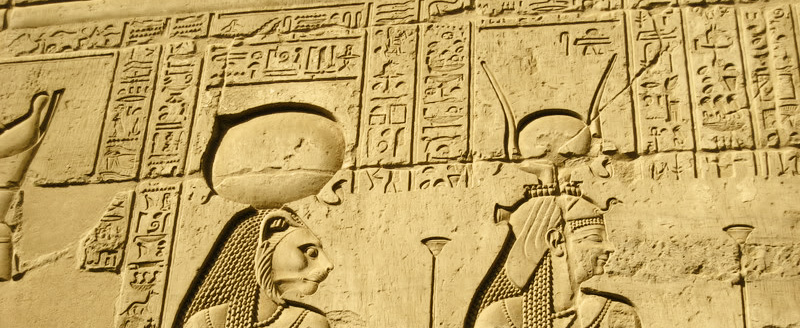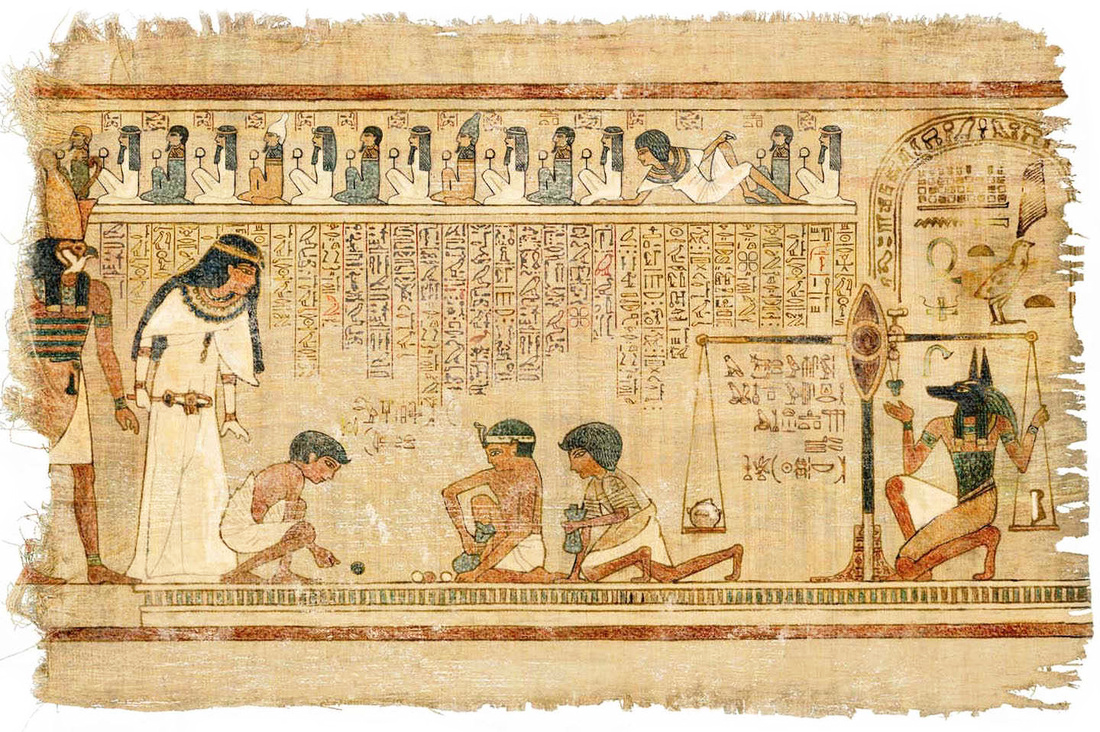MTS has a team of talented, qualified, and experienced translators and linguists who can produce various types of translations unlike those dry electronic or machine ones we see all over today, which lack both accuracy and credibility. We, as humans, do not like our words to get lost in the shades of translation, let alone have our thoughts, ideas, and words misinterpreted. The MTS team promises to do its absolute best to ensure that your work is at its best. Our team will deliver your request with the quality and excellence that will meet your hopes and expectations.

Our Vision
Despite the presence of many electronic and machine translation services that are available for free use on the internet like google translation and others, all these services fail to deliver accurate and credible translations of paragraphs let alone a whole document. With globalization and the spread of trade, science, and technology, translation has become necessary to ensure accurate communication of thoughts and ideas. MTS intends to fill this need with excellence and style. Today in English, Arabic, French, German, Spanish, Italian, Greek, Russian, Chinese, Japanese, and Turkish; tomorrow we envision in other languages such as Danish, Finnish, Thai and Korean to name a few.
Our Mission
MTS stands for Manethon for Translation Services.
Who is Manethon?




